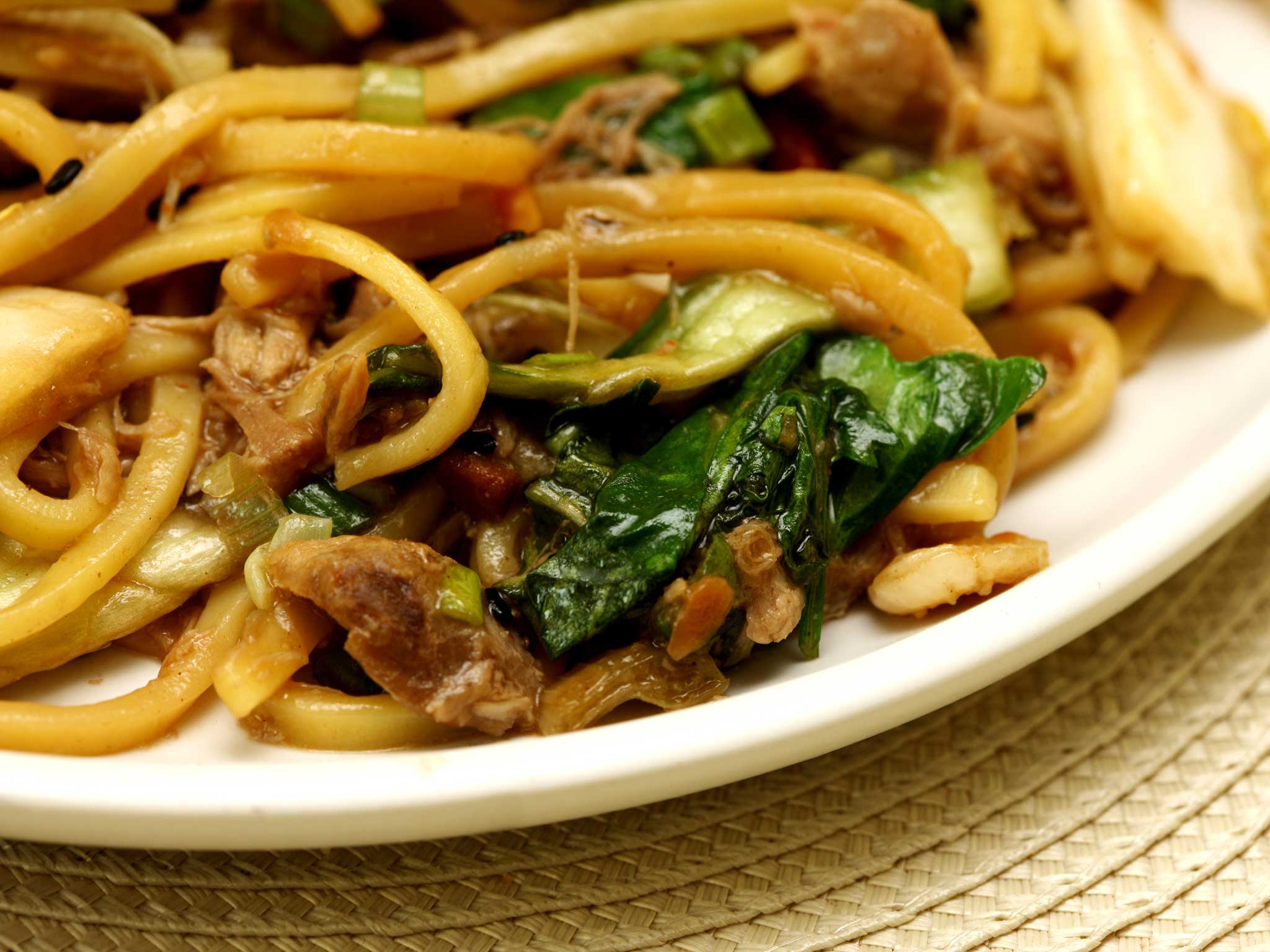Restaurant laces customers' noodles with opium
Owner said he just wanted people to come back to noodle restaurant in China

Your support helps us to tell the story
From reproductive rights to climate change to Big Tech, The Independent is on the ground when the story is developing. Whether it's investigating the financials of Elon Musk's pro-Trump PAC or producing our latest documentary, 'The A Word', which shines a light on the American women fighting for reproductive rights, we know how important it is to parse out the facts from the messaging.
At such a critical moment in US history, we need reporters on the ground. Your donation allows us to keep sending journalists to speak to both sides of the story.
The Independent is trusted by Americans across the entire political spectrum. And unlike many other quality news outlets, we choose not to lock Americans out of our reporting and analysis with paywalls. We believe quality journalism should be available to everyone, paid for by those who can afford it.
Your support makes all the difference.A Chinese restaurant owner allegedly laced his customers’ noodles with opium – to make sure they came back for more.
The restaurant owner – who goes by the name ‘Zhang’ – admitted to police in China’s northern Shaanxi province he had bought 4.4 lbs of poppy buds in August for £60, which he had ground into a powder before adding them to his noodles, according to the Hua Shang Bao daily.
‘Zhang’s’ actions were discovered only after customer Liu Juyou, 26, was pulled over by police during a routine traffic stop earlier this month and tested positive for opium.
Police did not believe Mr Joyou’s claims he had never taken drugs in his life and that he suspected the popular noodle shop was involved.
Mr Joyou managed to convince his family to eat the same noodles and test themselves for the drug, before presenting the positive results to police, who opened an investigation into the restaurant.
They discovered other customers were also unknowingly imbibing small amount of opium, which according to police, would gradually have built up to give a positive drugs test result.
An anti-narcotics police officer said to the South China Morning Post: “If the food is ingested over a long period of time, it would have an addictive effect”.
Mr Joyou, who was detained for 15 days, was released. However, despite finding the restaurant culpable, Mr Joyou’s appeal against his detention was dismissed by police, who said their priority was to detect drugs and punish drug users.
Poppy seeds used to be a popular ingredient in Chinese dishes until their use was banned.
Join our commenting forum
Join thought-provoking conversations, follow other Independent readers and see their replies
Comments